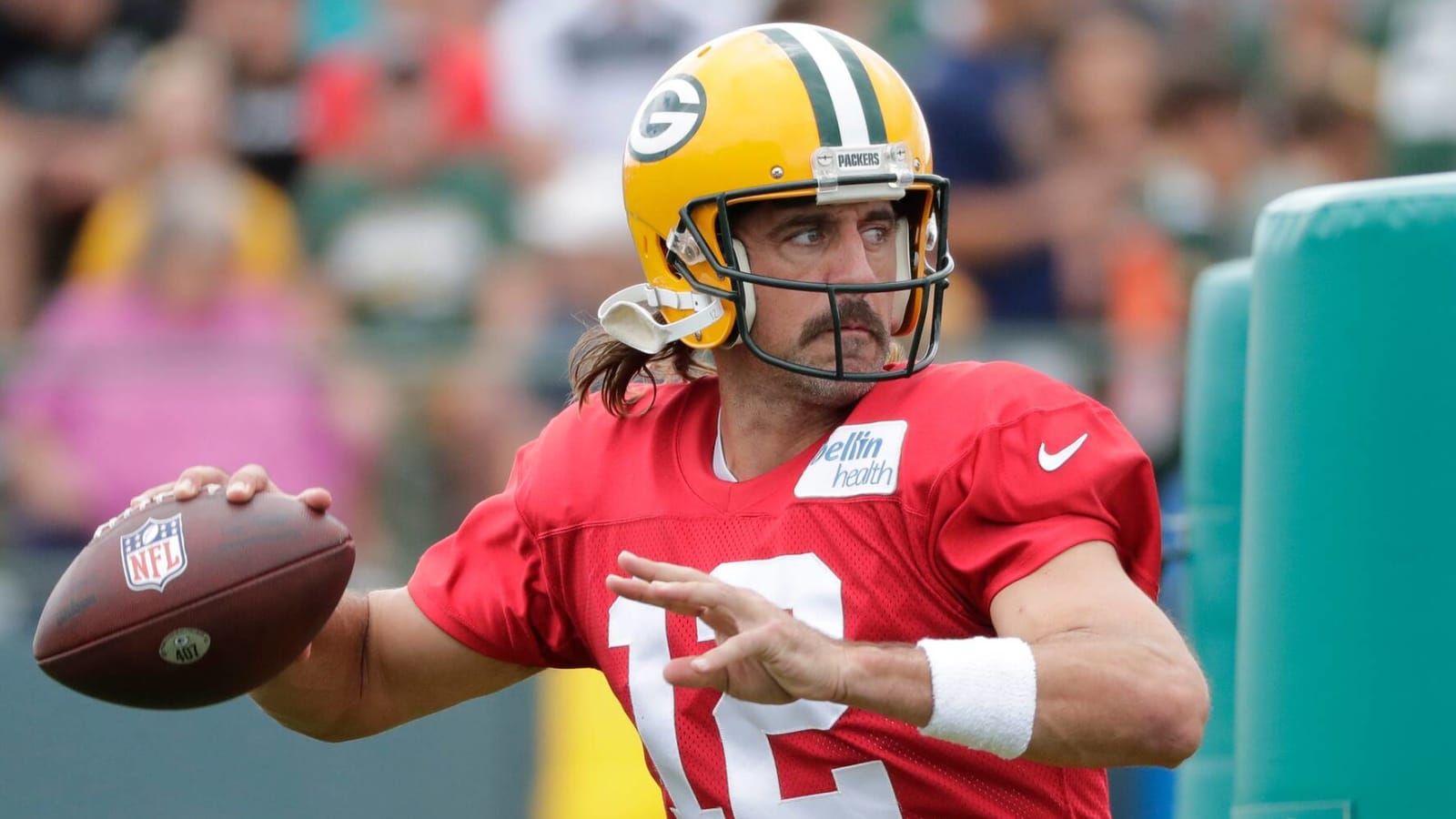

Lineage w usa full#
Lineage w usa license#

Probates (must state lineal relationship),.Wills (must state lineal relationship),.Proof of heirship (must state lineal relationship),.An SS5 (for deceased individuals and obtained from the Social Security Administration) – must list parents name(s),.A delayed state certified birth certificate will need a secondary supporting document, such as:.Must have the state registrar’s signature.County, city, short-form or hospital birth certificates are not acceptable. Must be state issued long form/book copy (birth certificates).Attach an original, state certified birth certificate as issued by the state vital statistics or vital records office.Original state certified birth certificates, original state certified delayed birth certificates and original state certified death certificates may be obtained from the state vital statistics or vital records office (name varies by state) for the state in which the person was born or deceased. If the Native American parent is deceased, the deceased parent’s original state certified death certificate must be submitted if it is not already on file.If two parents are listed on the applicant’s birth certificate, both are required to sign the affidavit if both are Native American.

Ensure the Sworn Statement Affidavit, included with the CDIB application, is signed by the Native American parent(s) and notarized.Applicant, parent or legal guardian must sign and date the Notices and Certification form, included with the CDIB application.Fill out the CDIB application completely.The application is a family tree chart and must be submitted along with the required documents (as listed in Step 3) and supporting documents if needed.
Lineage w usa archive#
The Genealogy Archive Center at the Holisso: The Center for Study of Chickasaw History and Culture on the campus of the Chickasaw Cultural Center in Sulphur, Oklahoma, can provide a wealth of information and assistance when seeking Native American ancestors. Information such as family names, birth and death years, parents’ names, marriages dates and tribal affiliation are needed to aid genealogy staff with the research.Īdditional geneology information may be available at the tribal library in Ada, Oklahoma. A few additional people were accepted by an Act of Congress in 1914. It is the responsibility of the applicant to conduct research and provide all related information- roll number of lineal ancestor (only the original enrollee will have a roll number), Chickasaw lineage with names, dates of birth, dates of death, etc.- and provide all required and/or requested documents in order to validate lineage.Īpplications for the Final Approved Rolls of the Dawes Commission for the Five Civilized Tribes were accepted from 1898-1907, which created a list of Native Americans by blood in Indian Territory during this time. Please note, direct lineal descendants do not include: aunts, uncles, cousins, etc. The first step in obtaining a CDIB is to research and identify lineal descendants (parent, grandparent, great-grandparent, etc.) to an original Chickasaw enrollee “by blood” as listed on the Final Approved Rolls of the Dawes Commission. How Do I Obtain a CDIB? Step 1: Trace Lineal Ancestry If you have lost or misplaced your CDIB card, complete the Replacement of CDIB application or contact tribal government services to request an application be mailed to you. Once Chickasaw applicants receive the CDIB, they are eligible to apply for citizenship in the Chickasaw Nation.įor more information about genealogy research, contact H olisso: The Center for Study of Chickasaw History and Culture. The CDIB does not establish citizenship with the Chickasaw Nation. The application is a family tree chart that must be submitted along with the required documents and supporting documents if needed. Individuals who want to prove their Chickasaw Indian blood should complete the CDIB application.

document, issued by the Bureau of Indian Affairs (BIA), which certifies an individual has a specific degree of Native American blood of a federally recognized Indian tribe, band, nation, pueblo, village or community. The Certificate of Degree of Indian Blood (CDIB) is an official U.S.


 0 kommentar(er)
0 kommentar(er)
